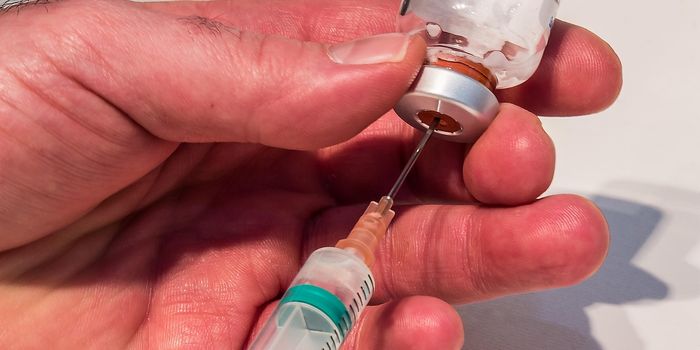An analysis of genetic and lifestyle data from 10 large epidemiologic studies has confirmed that regular use of aspirin or other nonsteroidal anti-inflammatory drugs (NSAIDs) appears to reduce the risk of colorectal cancer in most individuals.

The study, published in JAMA, also found that a few individuals with rare genetic variants do not share this benefit. Additional questions need to be answered before preventive treatment with these medications can be recommended for anyone, the study authors cautioned.
"Previous studies, including randomized trials, demonstrated that NSAIDS, particularly aspirin, protect against the development of colorectal cancer, but it remains unclear whether an individual's genetic makeup might influence that benefit," said Andrew Chan, HMS associate professor of medicine at Massachusetts General Hospital and co-senior author of the JAMA report. "Since these drugs are known to have serious side effects-especially gastrointestinal bleeding-determining whether certain subsets of the population might not benefit is important for our ability to tailor recommendations for individual patients."
The research team analyzed data from the Colon Cancer Family Registry and from nine studies included in the Genetics and Epidemiology of Colorectal Cancer Consortium, which includes the Nurses' Health Study, the Health Professionals Follow-up Study and the Women's Health Initiative. They compared genetic data for 8,624 individuals who developed colorectal cancer with genetic data for 8,553 individuals who did not, matched for factors such as age and gender.
The comprehensive information on lifestyle and general health data provided by participants in the studies again confirmed that regular use of aspirin or NSAIDs was associated with a 30 percent reduction in colorectal cancer risk for most individuals. However, that preventive benefit did not apply to everyone. The study found no risk reduction in participants with relatively uncommon variants in genes on chromosome 12 and chromosome 15.
"Determining whether an individual should adopt this preventive strategy is complicated, and currently the decision needs to balance one's personal risk for cancer against concerns about internal bleeding and other side effects," Chan said. "This study suggests that adding information about one's genetic profile might help in making that decision. However, it is premature to recommend genetic screening to guide clinical care, since our findings need to be validated in other populations. An equally important question that also needs to be investigated is whether there are genetic influences on the likelihood that someone might be harmed by treatment with aspirin and NSAIDs."
Source: Harvard Medical School









